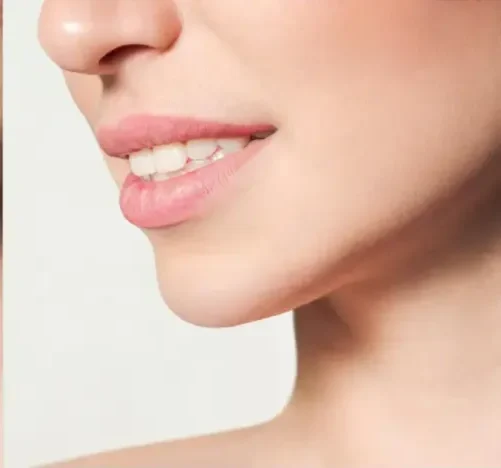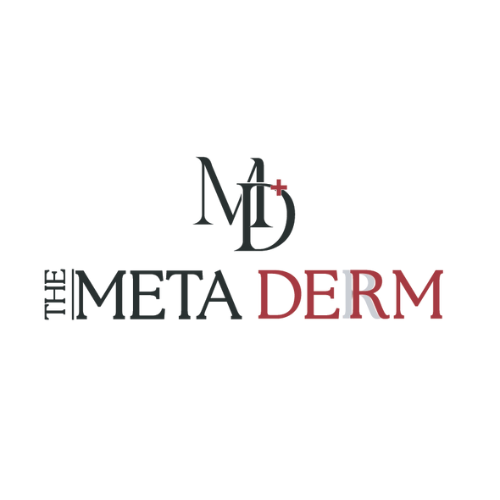ACNE IN PREGNANCY
Fluctuating pregnancy hormones can cause skin changes like acne, redness, and melasma. At Metaderm, our dermatologists are experts in creating safe and effective treatment plans for pregnant women. We’ll help you reduce acne and prevent scarring while ensuring the health and safety of you and your baby.

Key Highlights:
- Acne frequently flares up in pregnancy.
- Most cases settle post-delivery.
- There are effective & safe treatment options during this time.
- A good skincare routine can reduce breakouts.
- Dermatologists also use LED phototherapy, fruit peels, & laser lights.
- Fast and effective treatments are available.
ACNE IN PREGNANCY at a Glance
- Best Results: 2 to 4 months
- Treatment Duration: 2 to 3 mins
- Result Longevity: Variable
- Back to Daily Activities: Immediately
- Recovery Time: Nil
- Anesthesia: NumbingAnaesthesia: Not applicable
- Performed By: Dermatologist
- Cost: ₹ (Consultation required)
Our results speak for themselves






During pregnancy, our dermatologists prioritize safe and effective treatments like natural anti-inflammatory creams, fruit peels, and phototherapy.
Frequently Asked Questions
The official stance is no; this includes all forms of retinol such as retinoic acid, adapalene, trifarotene, hydroxy pinacolone retinoate, retinaldehyde, and retinyl palmitate. This is because, at high levels, oral retinoids can cause birth defects. The industry has adopted a precautionary approach to include topical vitamin A, bearing in mind that the chances of birth defects are very low.
Hormonally driven acne can be challenging to treat at home, especially if lesions are cystic. Before using any skincare products during pregnancy, consult a dermatologist to ensure they're safe. Did you know that 80% of skincare products contain ingredients that are not recommended for pregnant women? There are no over-the-counter safe acne remedies in pregnancy. Let a dermatologist guide you in choosing products that are safe for you and your baby.
A dermatologist’s job is to find effective and safe solutions to difficult problems; hormonal acne during pregnancy is one of them. Solutions for this challenging time include:
- A customized skincare routine during pregnancy
- Safe prescription topicals and anti-inflammatory medications
- Effective LED and laser treatments
- A scar prevention program
Dermatologists provide a clear treatment plan for pregnancy acne treatments, during the lactation period, and in the future. Metaderm has clinical-grade LEDs, which are more effective than those in standard skin clinics. Phototherapy is one of the best (and safest) ways to address acne in pregnancy.
We highly recommend against trying to pop a cyst at home. Treating severe acne and deep pimples can be difficult, and early intervention by a dermatologist is key to minimizing the risk of permanent scarring. Cystic acne scar treatment can be complex and challenging.
Cystic acne is often a result of hormonal fluctuations or adult jawline acne, especially around the mouth. It is commonly seen in individuals with PCOS (Polycystic Ovary Syndrome).

